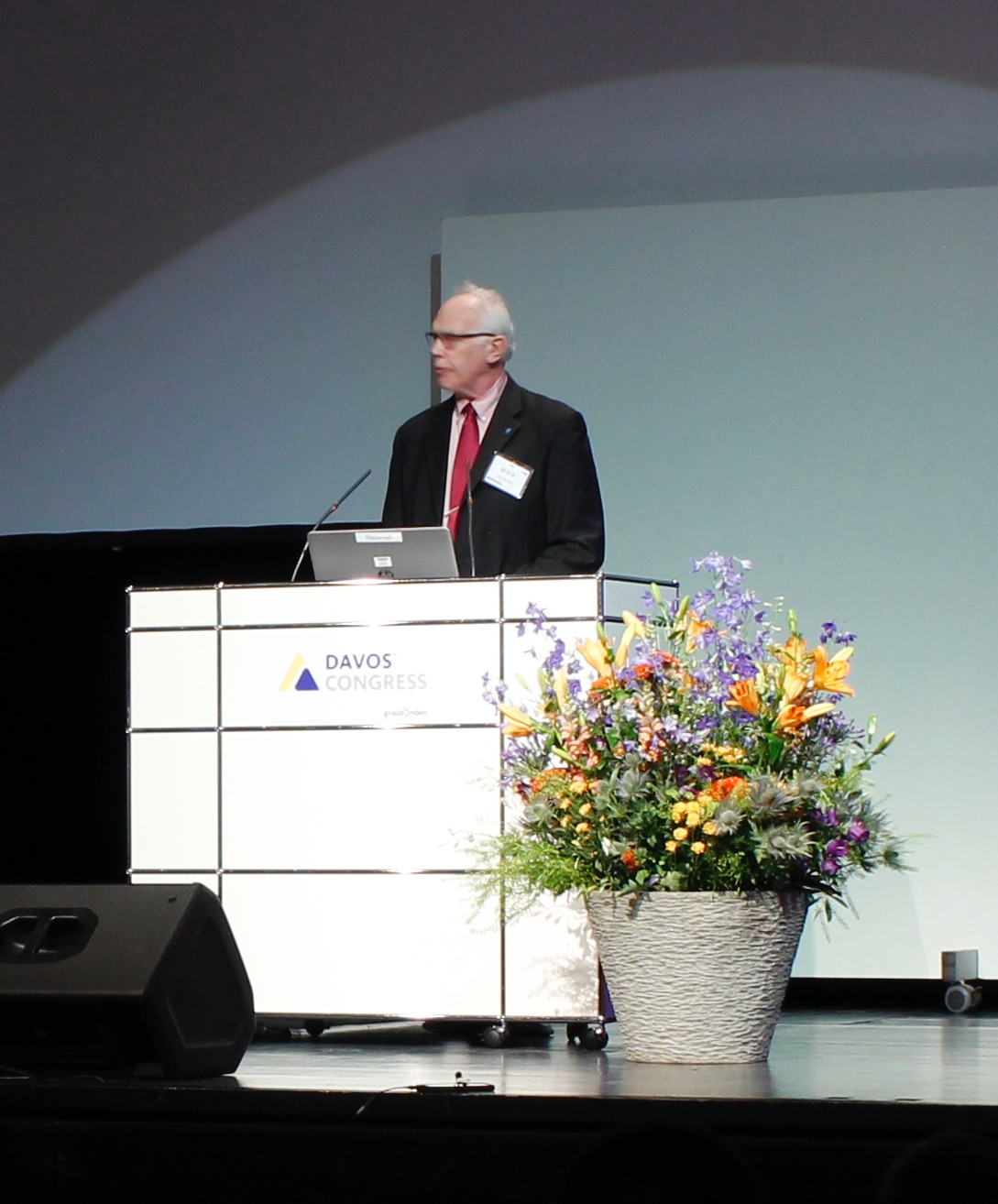 These are turbulent times. The Arctic is warming at unprecedented rates impacting ecosystems, infrastructure and societies. These dramatic changes in natural systems are confounded with globalization, nationalism, climate change denial, and societal conflicts. Increased tourism, shipping, resource extraction and other commercial activities are creating opportunities and challenges for our communities and governing bodies. As information to make policy decisions is needed, the connection between research and policy often includes significant obstacles. In the past three decades, we have seen our polar regions evolve from an idealized concept that was remote and pristine to one that is accessible and filled with potential. Our nations’ populations are now well informed of tremendous losses in sea ice, of degrading ice sheets, glaciers and permafrost, while high latitude communities remain wary and worried about those impacts closer to home, and yet primarily caused by those in more temperate regions.
These are turbulent times. The Arctic is warming at unprecedented rates impacting ecosystems, infrastructure and societies. These dramatic changes in natural systems are confounded with globalization, nationalism, climate change denial, and societal conflicts. Increased tourism, shipping, resource extraction and other commercial activities are creating opportunities and challenges for our communities and governing bodies. As information to make policy decisions is needed, the connection between research and policy often includes significant obstacles. In the past three decades, we have seen our polar regions evolve from an idealized concept that was remote and pristine to one that is accessible and filled with potential. Our nations’ populations are now well informed of tremendous losses in sea ice, of degrading ice sheets, glaciers and permafrost, while high latitude communities remain wary and worried about those impacts closer to home, and yet primarily caused by those in more temperate regions.
The need for sound policies, anchored in valid scientific studies, has never been greater. IASC and SCAR must work together and with other national and international organizations to promote scientific studies that enable formulation of wise policy, informed decision making and community planning based on a complete understanding of the evolving Polar systems. We must continue to be the voice and venue of Polar science. We have had a productive history, which deserves great pride. And while the future remains uncertain, it is clear that we share the responsibility to identify the most urgent research priorities and strive to provide that knowledge and information to all nations.
While SCAR has a long and illustrious history, IASC was founded in 1990, the same year I received my PhD. In many respects, we’ve grown up together. Once each decade IASC hosts the International Conference on Arctic Research Planning or ICARP. Each spring one of our member nations hosts the annual Arctic Science Summit Weeks
IASC strives to identify the most urgent research needs and moves to address those knowledge gaps by creating partnerships and programs and drawing attention to international research priorities. Over the years, IASC has stood at the forefront of Arctic science, marshaling the forces and the will needed to achieve great accomplishments.
The coordination and facilitation of research collaborations offered both by SCAR and IASC has enabled the research community to attack problems of such magnitude and such complexity, that no single nation could accept the challenge unilaterally. Through international partnerships we’ve achieved great accomplishments and we will continue to build understanding from the harshest and most remote regions of the earth.
These are turbulent times. Our glaciers and ice sheets are melting. Our permafrost is degrading. Our oceans are becoming more acidic. Our wildfires are becoming more frequent and intense.
These are turbulent times, but the only reason I still feel a sense of optimism is because of the people in this room, and your colleagues around this world. We are blessed with brilliant scientists who scramble, struggle, and strive to understand these problems. We are blessed with ingenious engineers who will help us address the challenges before us through technology and adaptation. We are blessed with indigenous peoples around the world who are committed to share their understanding, their voices, and their resolve to turn back this tide. Most of our governments and the people who work in our agencies recognize these issues and are directing the resources needed to advance this understanding. And finally, we are blessed with dedicated, enthusiastic, and gifted students, post-docs and early career researchers who have already lent their intellect, their inspiration, their backs and shoulders into advancing the science. My optimism lies with you.
There are tremendous challenges before us. Now, more than ever in the history of SCAR, IASC or modern science… now more than ever, we must come together
This is a scientific moon shot. It is one of the greatest challenges ever faced by mankind. This is a technical challenge. It is a political problem. It is a societal issue. We all own this crisis. This is our problem and we need to work together to resolve it. SCAR and IASC will partner to our help collective communities. We will foster the collaborations. We will present the forum for your voices. We will work with you.
These are turbulent times but, incrementally, in labs and field stations around the globe, gathered around posters, or after hours of staring at simulation results, we will resolve this crisis.
Larry Hinzman
President of IASC
18 June 2018
Davos, Switzerland
